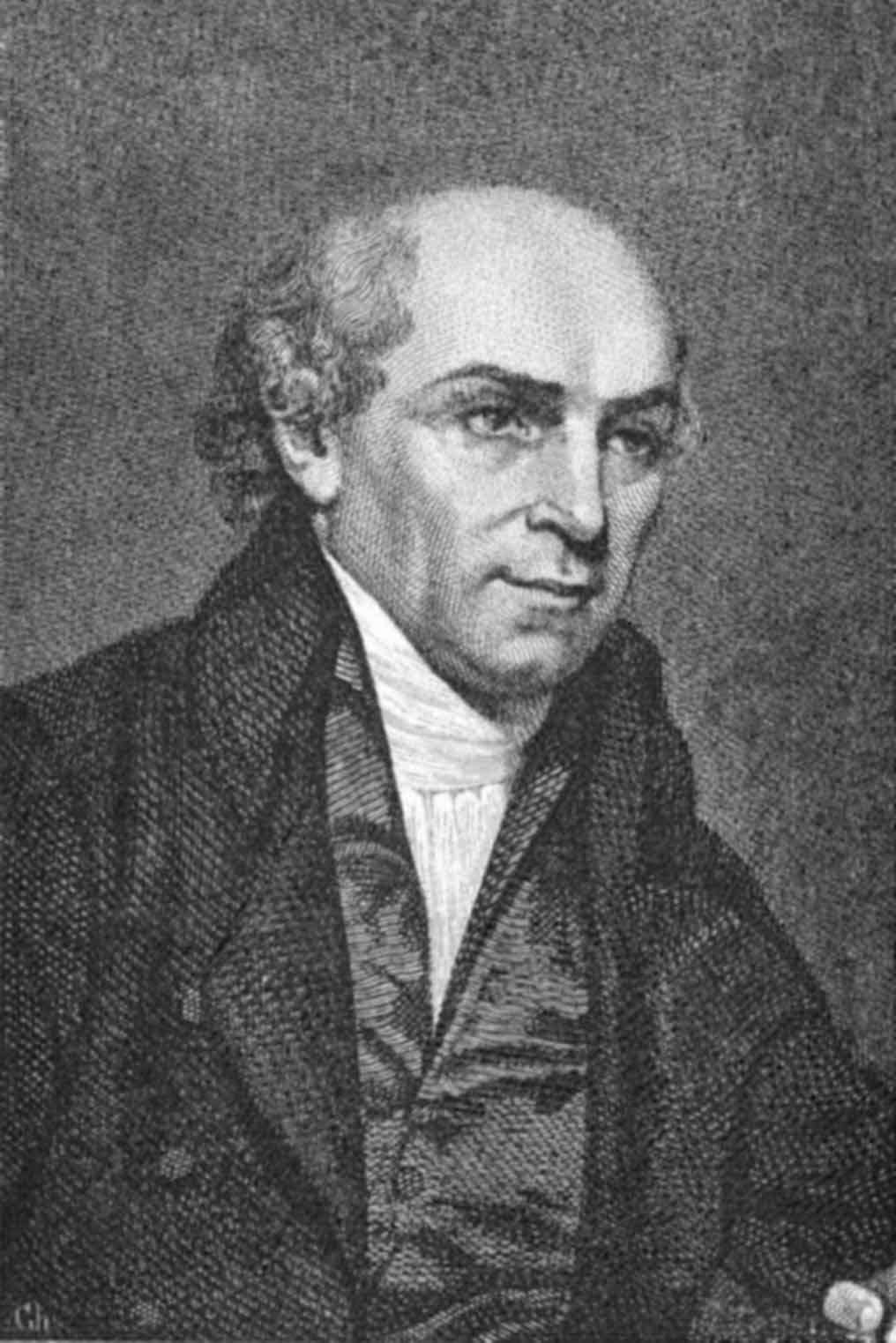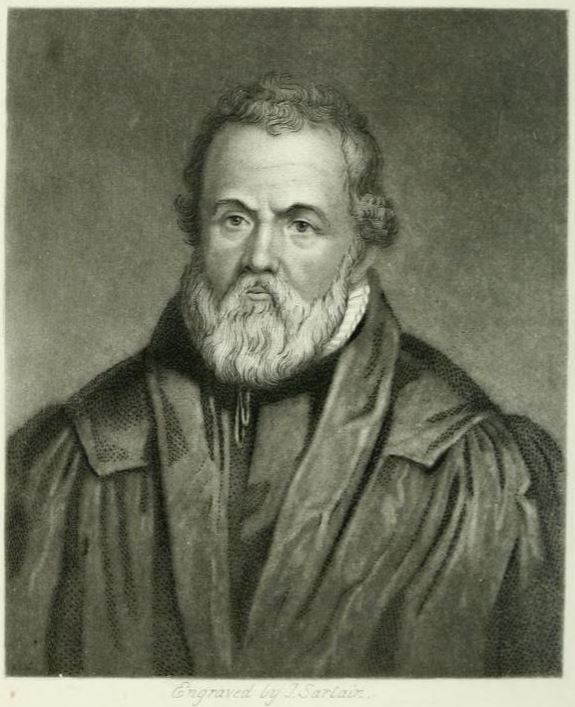Feb 05, 2024
Character Blog 2) John Bradford
=
John Bradford
Introduction:
John Bradford was born in Blackley, Manchester, England, around the year 1510. He was a diligent and astute student, excelling in accounts. Bradford was highly regarded for his honesty, which he upheld even when it came at a personal cost.
In fact, he would leave this mode of employment as he would not be privy to the mishandling and theft of funds, as demonstrated by some of his co-workers and peers who tried to coax him into the very theft.
Bradford then attended Cambridge University and initially studied Law; however during this time, he had heard the call of the gospel and then switched his studies to that of theology, and in only one year, had shown himself to be a very competent man and attained his degree in only one year of studies. His communication skills and abilities to instruct, and in the manner in which he could present himself were great skills for his future preaching.
During this time in studies, John Bradford met the renowned Martin Bucer, and it was Bucer who convinced Bradford to preach the gospel and would convince him through the now-famous statement.
"If thou have not fine manchet bread, ye give the poor people barley bread or whatever else the Lord hath committed unto thee.
Bradford, in character, was a hardworking and extremely honest man; his preaching over the space of only three years would propel him to be preaching the gospel before great and small, reproving and bringing condemnation upon those that had done wrong.
He would stand before King Edward VI, and preach from the second Psalm, warning his hearers that the judgments of God were at hand. He spoke out against heresies, rebuked personal and national sin, and persuaded all to live a godly life.
Bradford became so much of a pedagogy in biography that he would sell all his own personal jewellery, including his broaches, chains, and rings, so that he could help the poor and needy. Thus, his preaching would not be known for just words, but also through his personal actions.
The Rev John Bradford:
Bradford’s preaching was very zealous, and his eagerness and enthusiasm would bring him into a conflict, of course, with the papists, and his popularity in the city of London brought the papists great desire to remove him.
On one occasion, the papists had stirred up a large crowd just after the accession of Queen Mary (Bloody Mary), the papist deriding the late King, and once the people had shown their indignance to the papist preaching that he stood back and allowed John Bradford to the platform to try and appease the crowd.
Here the preaching of Bradford and seeing his great boldness and assuring in his address, he sharply reproved their conduct and then prevailed upon them to desist. Here as Bradford would protect, this papist preacher brought anger from some in the crowd, and one unnamed gentleman stated, "Thou savest him that will burn thee."
Even though Bradford had been publicly seen standing up for the Queen, this act, though many to have given him favour, did not stop Bradford from being placed in prison for his Protestant preaching.
Bradford was placed in prison on the grounds of slandering the Queen (The papist crime, who Bradford had protected), and on the 16th of August, 1553, was imprisoned and committed to the tower for the crimes of sedition and exciting the crowd against the Queen.
Bradford would be burned at the stake for his doctrinal stance in 1555, for his preaching, and for his Protestant views. He was famous for the following statement when witnessing those who would be martyred for their faith:
"There but for the grace of God goes, John Bradford,"
Bradford was so trustworthy that he was occasionally allowed out of prison so he could conduct and perform good deeds, his jailers knowing that he would return to the tower when he had finished
The Preaching Style of John Bradford:
Bradford was a bold preacher, a man of deep prayer and concentration, always preparing himself for the suddenness of preaching, his preaching style was of contending for the purity of the faith and would rebuke sin at every opportunity.
He was very bold in his preaching and never would shy from a difficult situation, he was a tall man, bearded as was the norm for that society and time, very robust, prepared for the ministry through long and astute learning, and would bring scathing rebuke on all manner of sin, and popery.
The environment at the time would sift out and make the preachers stand up and stand out, in the face of great persecution, this generation produced many great preachers and men of faith whose influence and sermons inspire even to those engaged in ministry today.
His attacks would be directed to those of filthy and coarse language and popish praters and none would escape his attacks from the pulpits.
His preaching would be directed at sin, his rebukes sharp, he desired all to live godly and renounced popish religion, and of course living under the reign of Bloody Mary, the Catholic half-sister of Edward VI, Who would send 300 Protestants to their deaths by burning at the stakes, the preaching of Bradford would lead to the same end?
Bradford would write many articles and letters in trying to unite those who held to Calvinism over and against the Arminian doctrinal positions and stressed the need for sound and pure teaching, always refuting and denouncing papal authority along with the mass.
Conclusion:
Nearing death, Bradford wrote to his mother, stating that he was very happy and very glad to face death for Christ’s sake and would be very bold in the actual act of facing death.
His final prayer was, "O England, England, repent thee of thy sins, beware of idolatry, beware of false antichrists, take heed they do not deceive you."
John Leaf would be the man at his side, also facing death by burning; Bradford would console him with the following words. "Be of good comfort, brother, for we shall have a merry supper with the Lord this night."
By Mark Jackson







